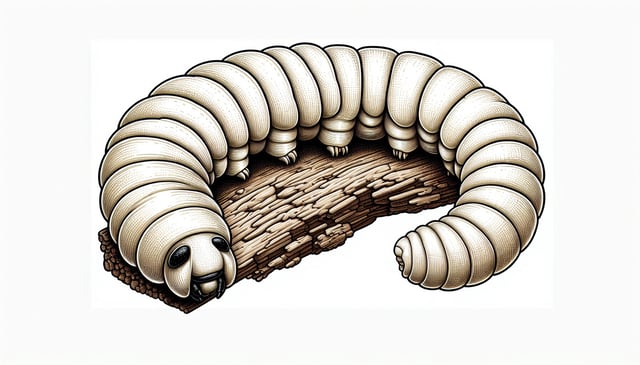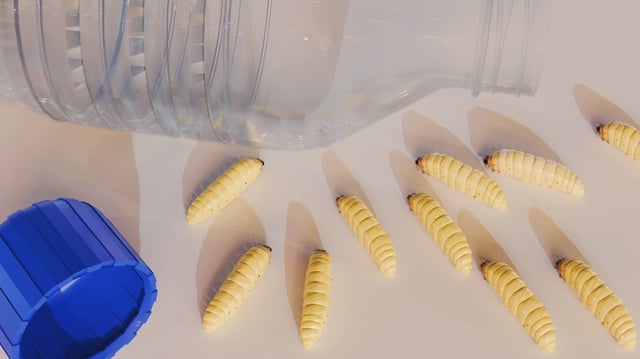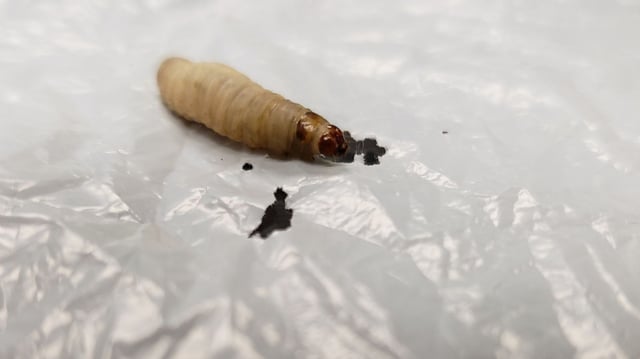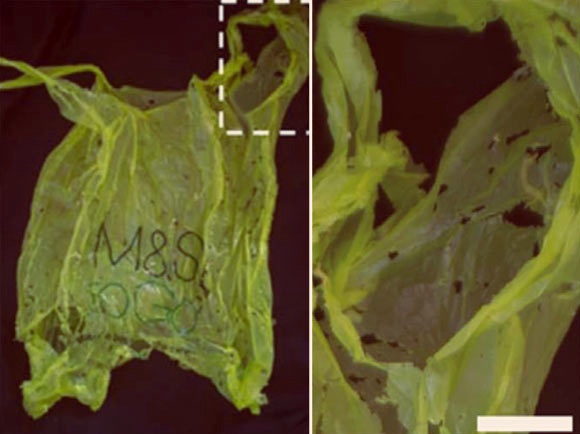Overview
- Dr. Bryan Cassone presented new findings in Antwerp showing how waxworms oxidize and depolymerize polyethylene into stored lipids.
- About 2,000 caterpillars can consume a standard plastic bag in 24 hours but succumb within days on an unsupplemented plastic diet.
- Co-supplemented feeding regimes with sugars and nutrients are under development to restore waxworm mass and extend their survival.
- The team is mapping gut bacteria interactions and pinpointing the enzymes that drive plastic breakdown for potential lab replication.
- Two remediation strategies are proposed: mass-rearing waxworms in a circular-economy model and deploying isolated enzymes for industrial-scale plastic treatment.



